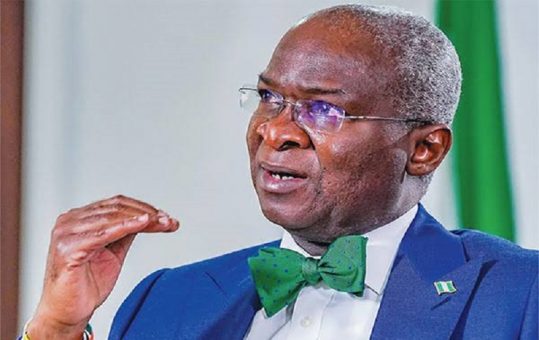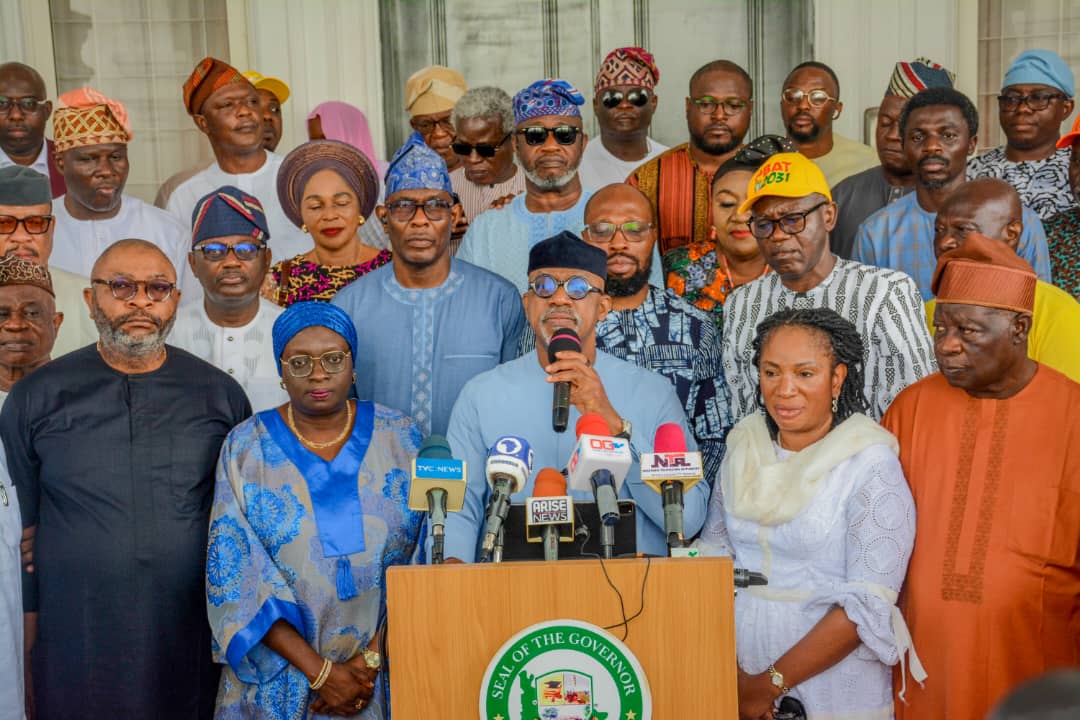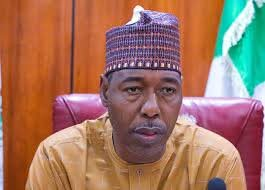By Swill Mavua
The debate over local government (LG) autonomy in Nigeria has been ongoing, with significant developments under President Bola Tinubu’s administration. The administration has approved direct federal allocation to local governments, aiming to enhance their financial independence. However, controversy surrounds the joint State and Local Government Accounts, through which the local government federal allocations are paid, raising questions about the extent of local government autonomy.
Babatunde Fashola, former Lagos State governor and ex-minister in Buhari’s administration, has argued that state houses of assembly make laws for local governments, implying that local governments cannot be fully autonomous. In light of Fashola’s statement, the role of council legislators becomes a point of discussion. Council legislators are elected to represent their constituencies at the local level, make decisions on local governance, and oversee the implementation of policies affecting their communities.
Playing politics with local governments has dire impacts on the grassroots. Subjecting local governments and their finances to the whims and caprices of state governors has hindered development at the grassroots level. Local governments are closer to the people and are pivotal in addressing local needs and fostering community development. However, when their autonomy is curtailed, and their operations are dictated by state governors, the effectiveness of local governance is compromised.
There’s also a pressing need to scrap state independent electoral commissions charged with conducting local government elections. Instead, the Independent National Electoral Commission (INEC) should be responsible for conducting these elections. This change would help ensure fairness and reduce the influence of state governors over local government elections. Additionally, aligning the tenure of local government officials with other elective offices at four years could enhance stability and accountability in local governance.
The consequences of allowing state governors to conduct local government elections have been evident. Typically, no party other than the governor’s party wins elections in local governments under such arrangements. This outcome undermines political diversity, limits opposition voices at the local level, and concentrates power in the hands of state governors.
It is better and more politically savvy for local governments and their finances, as well as the conduct of their elections, to be autonomous and independent of the control of state governors. Granting local governments autonomy would empower them to address grassroots issues more effectively, enhance accountability, and foster development closer to the people. Autonomy would also allow local governments to operate based on local needs and priorities without undue interference from state governors.
Enhancing local government autonomy aligns with principles of decentralization and grassroots democracy. By ensuring local governments have control over their finances and are elected through processes managed by INEC, Nigeria can move towards more balanced governance. This balance would allow state governments to focus on state-level issues while local governments address local needs without being subordinated to state-level politics.
Local government autonomy could lead to more responsive governance, as decisions would be made closer to the people affected by those decisions. Furthermore, reducing the influence of state governors over local governments could mitigate tensions and promote more equitable distribution of resources and political representation at the grassroots.
Granting local governments more autonomy and having the Independent National Electoral Commission (INEC) conduct local elections could potentially improve governance at the grassroots level in Nigeria. This approach might lead to more responsive and accountable local governance, as local governments would have more control over their affairs and be directly accountable to their constituents.
With autonomy, local governments could focus on addressing local needs and priorities without undue interference from state governors. Conducting local elections through INEC could help ensure fairness, reduce the influence of state governors on local politics, and potentially lead to more diverse political representation at the local level.
Granting more autonomy to local governments in Nigeria could be highly beneficial for grassroots governance. With increased autonomy, local governments might be more responsive to local needs, more accountable to their constituents, and better positioned to drive development at the community level.
Some potential benefits of local government autonomy include:
- Enhanced responsiveness: Local governments can address local issues more effectively when they have autonomy.
- Increased accountability: Local officials are more directly accountable to their constituents when they have control over local governance.
- Improved development: Autonomy could lead to more targeted and effective development initiatives at the grassroots level.
Capacity building is often crucial for local governments to effectively manage increased autonomy. With enhanced autonomy comes the need for local governments to have the skills, resources, and systems to make informed decisions, manage finances effectively, deliver services efficiently, and be accountable to their constituents.
Capacity building for local governments in Nigeria could involve:
- Training and education: Enhancing the skills of local government officials in areas like financial management, project planning, and community engagement.
- Resource allocation and management: Ensuring local governments have the necessary resources and know-how to manage them effectively for development.
- Transparency and accountability mechanisms: Strengthening systems for transparency in decision-making and financial management, as well as accountability to citizens.
Local governments driving their own capacity building aligns well with the concept of autonomy. Autonomy implies that local governments have the freedom to make decisions and take actions to improve governance and development in their areas. By taking the lead in capacity building, local governments can identify their specific needs, prioritize areas for improvement, and develop tailored strategies to enhance their effectiveness.
This approach also fosters ownership and accountability at the local level. When local governments drive their capacity building, they are more likely to be invested in the outcomes and accountable to their constituents for the effectiveness of their governance.














Leave a Reply